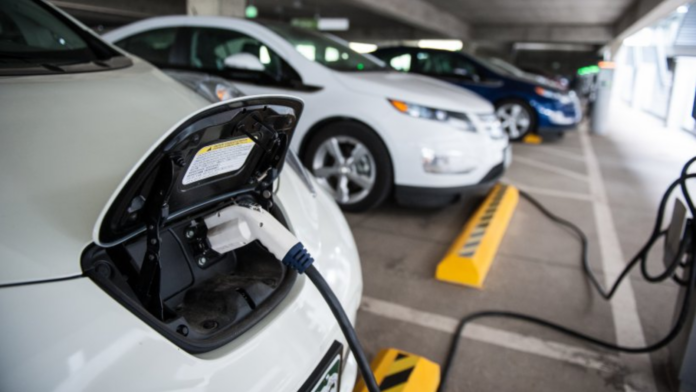In the fast-paced world of electric vehicles (EVs), the race for battery dominance is a high-stakes game involving the world’s two largest economies: the United States and China. This isn’t just about the latest tech—it’s a chapter in the unfolding story of global power dynamics, where EV batteries play a pivotal role.
US Shifts Gear in EV Strategy
The US has recently taken decisive steps to reshape the EV battery sector. With proposals from the Departments of Treasury and Energy, there’s a plan to limit tax credits for EVs using battery components from China and other nations seen as adversarial. This strategy, a key facet of President Joe Biden’s climate law, offers up to $7,500 in subsidies for EVs primarily using domestic materials. This move signals a push for technological autonomy, but it’s not without challenges, especially in ramping up EV sales—a cornerstone of Biden’s climate agenda.
China’s Swift Response
China’s reaction was quick and pointed. Their Ministry of Commerce labeled the US’s new rules as discriminatory, potentially breaching WTO regulations. They argued that sidelining Chinese suppliers from US tax advantages smacks of a policy that skews the market. This spat underscores the geopolitical tension wrapped up in the tech race.
The Global Market Repercussion
China’s standing in the EV battery market is formidable. Giants like CATL and BYD hold significant market shares globally. China’s also the largest EV market worldwide. The US’s latest policy could shuffle the industry’s pecking order, impacting global dominance in this sector.
Meanwhile, South Korean firms like LG, Samsung, and SK On, known for their robust battery solutions, might find an advantage amid the US-China tussle. However, even these companies face their own set of challenges. For example, SK On, despite partnerships with Ford and Hyundai for US-based battery plants, is grappling with high battery costs, partly attributed to US policies.
Chinese Battery Firms Eye US Expansion
In a bid to stay competitive and leverage the US market, Chinese battery companies are contemplating setting up shop in the States. This strategy would enable their US-based clients to benefit from EV tax credits. But the journey is fraught with complications. A case in point is Ford’s stalled plan with CATL to build a multi-billion dollar EV battery factory in Michigan, now under scrutiny from US policymakers.
Wrapping Up
The EV battery market is at a critical crossroads, where technology, global economics, and international politics intersect. The actions of the US and China in this arena will have far-reaching implications, shaping not just the EV industry but the broader trajectory of green technology and global economic security.
In this rapidly evolving narrative, the EV battery race transcends technological competition—it’s about who leads the charge in sustainable transportation and who holds the reins in the new era of energy and environmental stewardship. As this saga continues to unfold, it will undoubtedly bring more intriguing developments and strategic shifts in the global landscape.












